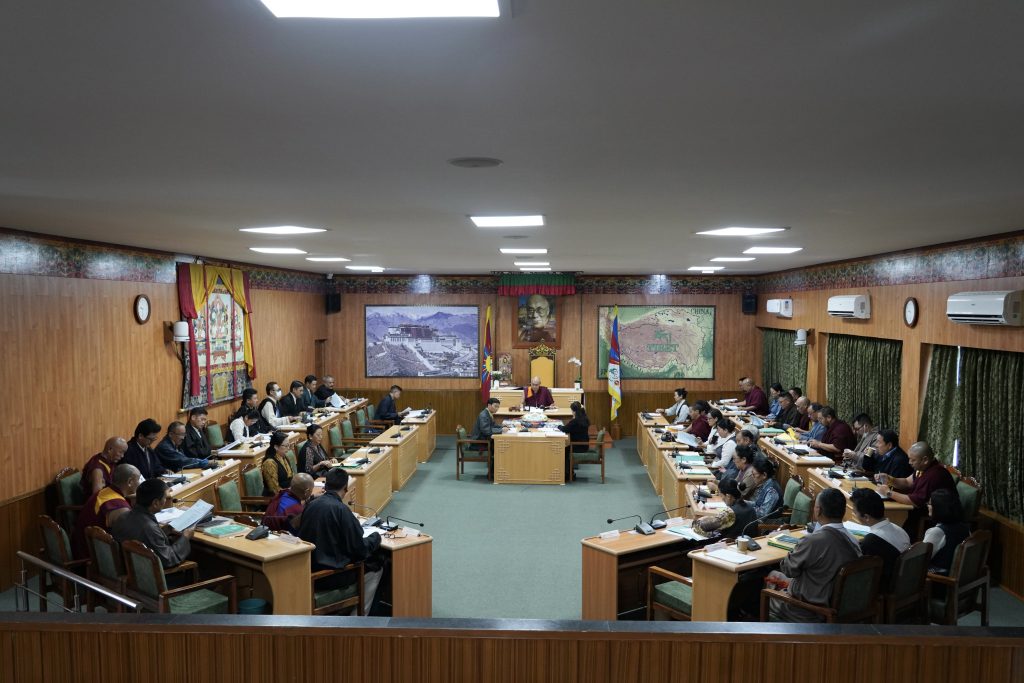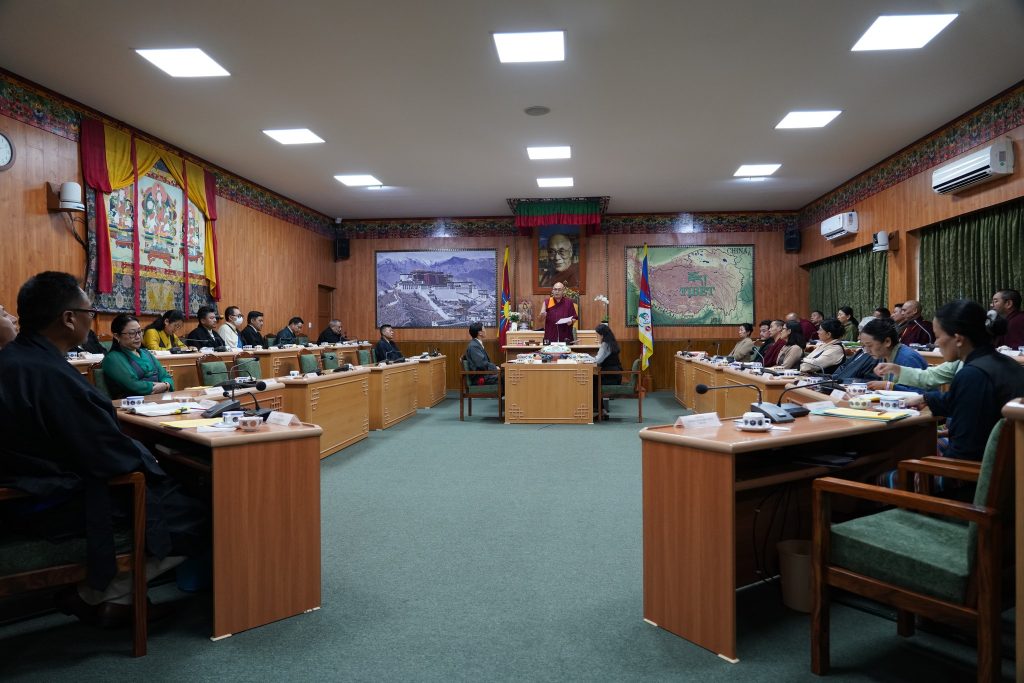Motion for an official resolution of mourning and condolences
Preamble
A sad incident occurred on the 27th of July 2015 when former President of India Dr. APJ Abdul Kalam suddenly fell ill in Shillong, capital of the northeast Indian state of Meghalaya, and passed away at the age of 83. Dr. Abdul Kalam was born on the 25th of October 1931 in a poor Muslim family in the state of Tamil Nadu to Jainulabiddin Marakayar, his father, and Ashiamma Jainulabiddin, his mother. In order to help supplement his family’s meagre income while he was still a school going child, young Abdul Kalam distributed newspapers during his spare time. He was an intelligent and industrious student and extremely fond of mathematics and physics. After finishing his school education young Abdul Kalam joined Saint Joseph’s College in Tiruchirappalli. He later earned a Master’s degree in physics from the University of Madras, Tamil Nadu, in 1954. From 1955 to 1960 he studied Aerospace Engineering at the Madras Institute of Technology (MIT). Later, from 1963 to 1964, he was a visiting research scholar at the NASA’s Langley Research Center and the Goddard Space Flight Center in the United States of America. In 1964 Dr. Abdul Kalam initially took charge as the Chief Scientist of the Aeronautical Development Establishment at the Defence Research and Development Organization (DRDO). While at the DRDO Dr. Abdul Kalam started work on an expandable rocket project independently which in 1969 received the government’s approval and the programme was expanded to include more engineers. In the same year he was transferred to the Indian Space Research Organisation (ISRO) as the project director of India’s first Satellite Launch Vehicle. And from 1970 to 1990, Dr. Abdul Kalam made an effort to develop the Polar Satellite Launch Vehicle (PSLV) and SLV-III projects, both of them proved to be successful. From July 1992 until December 1999, he was the Chief Scientific Adviser to the Prime Minister and the Secretary of DRDO. From the 25th of July 2002 until the 25th of July 2007, Dr. Abdul Kalam served as the 11th President of India following his election to that august post. During his tenure as President Dr. Abdul Kalam earned great admiration from the Indian public as the “People’s President” for the nobility of his character and for being a thoroughly unassuming person. After completing his term as President, Dr. Abdul Kalam served as visiting professor to various esteemed national and international institutes and universities. In 2012, he, along with the cardiologist Dr. Soma Raju, designed a rugged tablet computer for health care in rural areas; it was named the “Kalam-Raju Tablet”.
To sum up, the late Dr. APJ Abdul Kalam was not only a great Indian scientist but also a person who took the progress of India’s scientific accomplishments to a new height. He was an exemplar of an outstanding modern knowledgeable Indian person. His death was a great loss not only to India but to the world as a whole. Dr. Abdul Kalam devoted his entire life to the pursuit of knowledge and was as a result a person of high learning and humble character and in that manner dedicated his life to his country. He was therefore an inspiration to millions of people. The late Dr. Adbul Kalam had a close commonality of interests with the outstanding leader of the Tibetan people, His Holiness the Dalai Lama, and the two had met on several occasions. During those meetings the two shared views and discussed relationship between science and religion. Dr. Abdul Kalam also took interest in Buddhist philosophy.
Resolution
The Tibetan Parliament in Exile expresses admiration and praise for the late Dr. APJ Abdul Kalam for his outstanding accomplishments. It ardently prays that all his noble dreams be not only seen fulfilled but also keep progressing through all generations to come. The Tibetan Parliament in Exile offers heartfelt condolences to the surviving members of his family.
The above resolution was adopted by the Tibetan Parliament in Exile on 15 September 2015.


